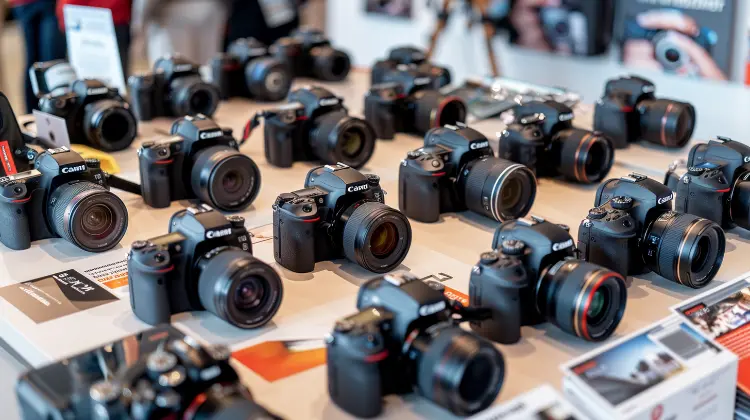When venturing into the world of digital photography, choosing the right camera can be overwhelming due to the plethora of options available. This guide aims to simplify the process, ensuring you make a well-informed decision tailored to your specific photography needs.

Before diving into the technical aspects, it's crucial to assess what you primarily need the camera for. This decision will significantly influence the type of camera you should consider.
According to a survey by Statista, as of 2022, about 32% of digital camera users are enthusiasts who prefer advanced cameras with high-quality sensors and numerous features, while 68% are casual users who might opt for simpler, more compact cameras.
It's a common misconception that more megapixels always result in better photo quality. Here’s what you need to know:
A study by the Camera & Imaging Products Association (CIPA) shows that the average megapixels of cameras sold have plateaued around 20 megapixels as users find this to be a sweet spot for quality and file size.
Purchasing a camera can be a significant investment, so it's wise to look for the best deals:
For instance, websites like B&H Photo Video and Adorama often have promotions and bundles that can save money while providing essential accessories.
Choosing the right digital camera involves understanding your needs, debunking megapixel myths, and finding the best financial deal. By considering these factors, you can select a camera that not only meets your expectations but also enhances your photography experience.
For more detailed reviews and the latest deals, consider visiting trusted sources like DPReview or TechRadar. These websites offer comprehensive analyses and up-to-date information on various camera models and photography tips.

Check whether your bag has all outdoor camping accessories or not
Outdoor camping is an outdoor recreational activity in which urban people spend some utility time with their near and dear ones in open natural areas ...
Types of Drug Testing
Drug testing is a scientific study of biological samples taken from various things such as hair, salvia, mouth air, blood and urine. These samples are...
Be aware while shopping sporting goods online
Salt Lake City, Utah, is known for organizing various summer and winter sports activities such as skiing, snowboarding, hiking, camping, rock-climbing...